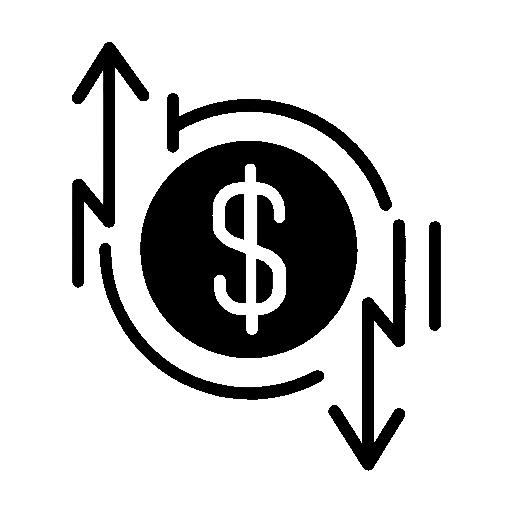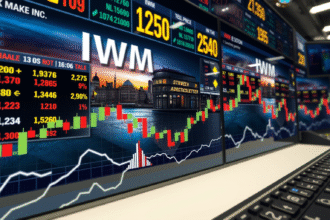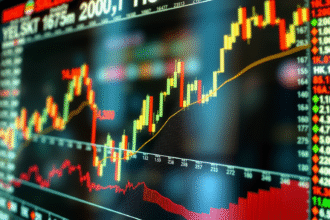Investing in Exchange Traded Funds (ETFs) can be a great way to get exposure to certain market segments. One of the most popular of these ETFs is the iShares Russell 2000 ETF (IWM), which seeks to track the performance of the Russell 2000 Index, a widely used benchmark of small-cap US stocks.
The IWM ETF has become a popular investment vehicle for retail investors due to its low cost, relative diversity, and ease of access. The ETF has performed well in recent years, but there are still plenty of factors that investors should consider before diving in.
Recent Performance
The IWM ETF had a banner year in 2020, with a return of over 19%. This strong performance has continued into 2021, with the ETF returning over 17% through the first half of the year. This has put IWM firmly in the top quartile of US small-cap ETFs, and has helped make it a popular investment for retail investors.
However, despite this strong performance, many analysts and investors remain cautious. The US stock market has recovered rapidly from the COVID-19 pandemic, but some believe that much of this recovery has been priced in. Additionally, the small-cap stocks that IWM tracks are considered to be more volatile than larger stocks, and are therefore more susceptible to changes in the market.
Analysis and Outlook
The rapid recovery of the US stock market from the COVID-19 pandemic has led to some significant valuations, and many analysts are concerned that the market may already be overvalued. This is particularly the case for small-cap stocks, some of which have seen significant increases in their valuations.
It’s important to keep in mind that there are a number of factors that can impact the performance of the IWM ETF, and investors should do their homework before investing. The ETF has a net expense ratio of 0.2%, which means that investors will be paying an annual fee of 0.20% of their investment, which can add up over time.
In addition, some analysts are concerned about the current valuations of small-cap companies, and believe that they may be overpriced. If this were to be the case, then a correction could result in a loss of principal for investors.
Risks
In addition to the risk of overvaluation, there are several other risks that investors should be aware of when investing in the IWM ETF. Small-cap stocks tend to be more volatile than larger stocks, and so IWM is more likely to experience large price swings. This can make it a particularly risky investment for short-term investors, and investors may want to consider a longer-term approach.
Investors should also be aware that certain sectors of the small-cap market are particularly volatile. For example, the energy and biotech sectors have been particularly volatile in recent years, and IWM may be impacted by these swings. Finally, the ETF is not immune from the impact of broader market trends, and so may be affected by fluctuations in the overall market.
Conclusion
The IWM ETF is a popular investment vehicle for retail investors, and it has achieved strong returns in recent years. However, there are a number of factors that investors should consider before investing in the ETF. The ETF is more volatile than larger stocks, and some analysts believe that it may be overvalued. Furthermore, the ETF is subject to the impact of broader market trends and certain sectors likely to carry additional risk. As such, investors should consider these risks carefully before investing.








